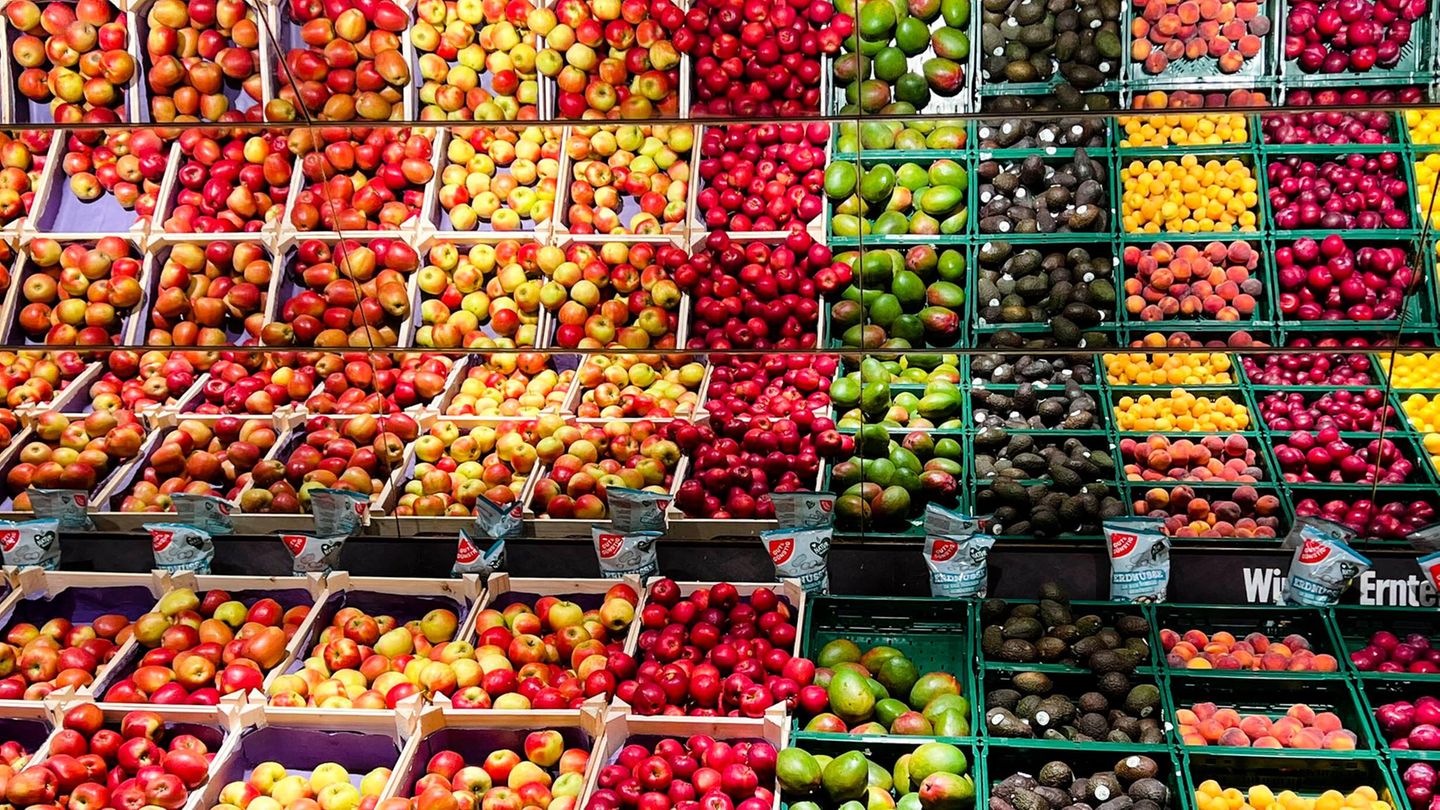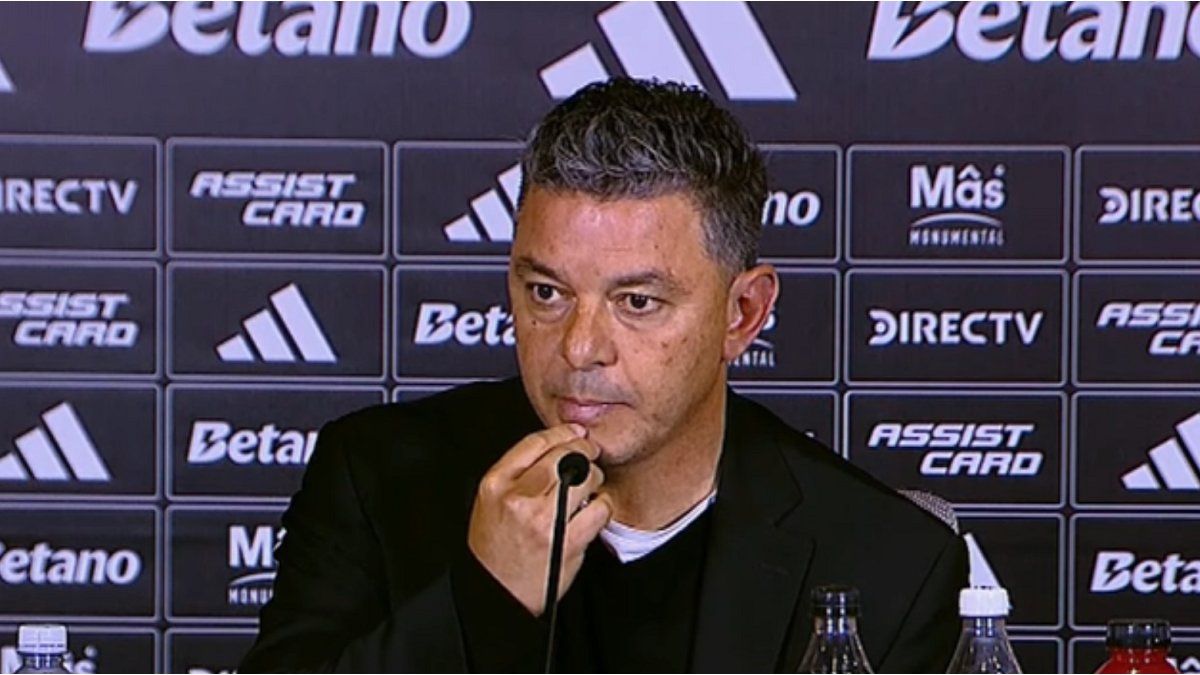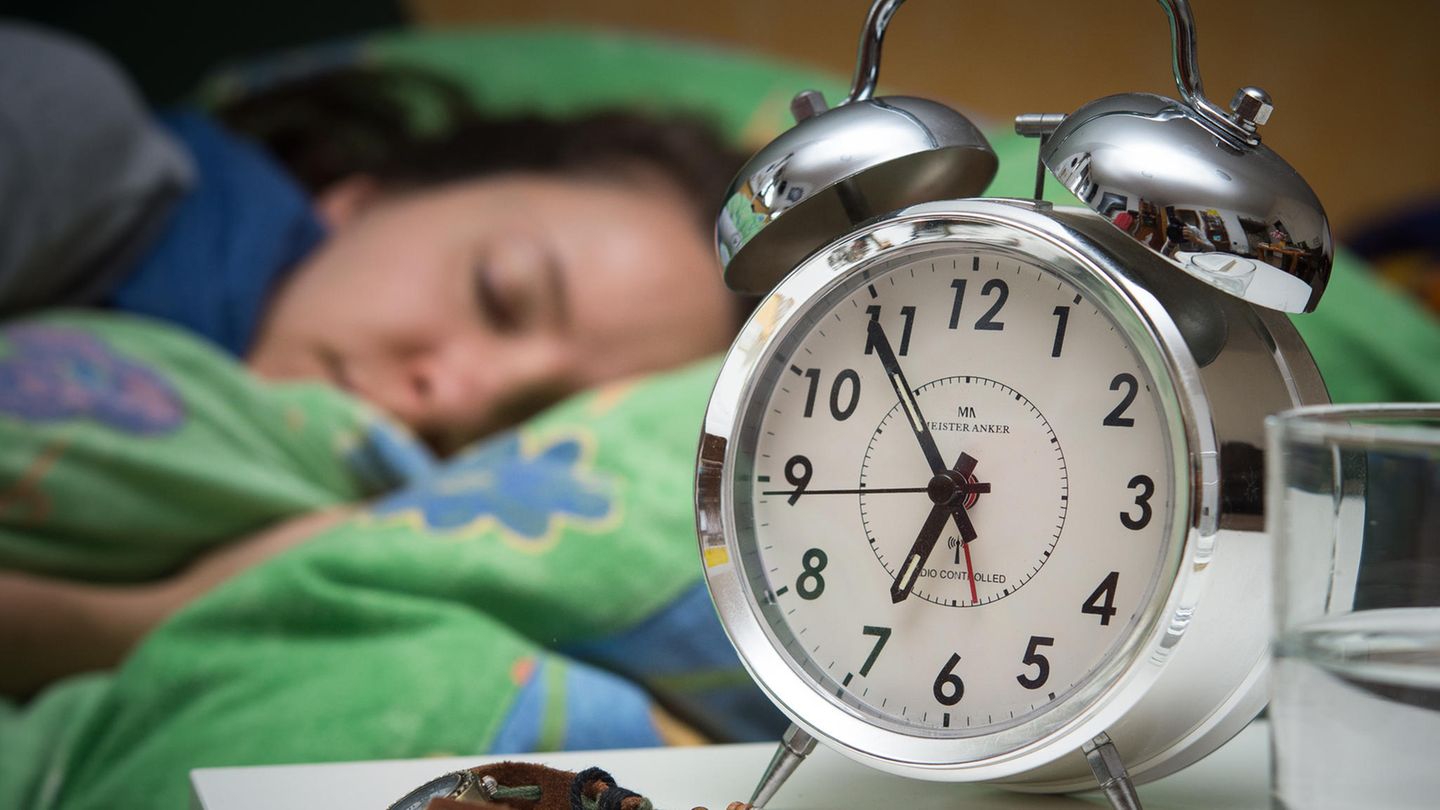Save on groceries
Are discounters, loyalty point apps and the like worth it?
Copy the current link
Add to wishlist
The prices of food have recently risen, which is why many people are wondering how they can save money in the supermarket. Which bargain hunting is worth it – and which isn’t.
Many foods in particular have become much more expensive in recent years. Everyone notices this at the checkout in the supermarket. However, retailers and food manufacturers are trying to cover up the price increases – with offers, discount apps and deceptive packages. The star explains how you can really save money when shopping for groceries.
Is the discounter worth it?
Long journeys to discount stores rarely pay off. Because food is almost always the same price, according to the comparison portal Smhaggle. This applies not only to own brands such as “Ja” (Rewe) or “Gut & Günstig” (Edeka), but also to branded products.
But: Supermarkets are always coming up with (tempting) offers that can actually save you a lot of money. Sample on the thirst-quenching July 1st: A liter of Coca-Cola costs 1.29 euros at Aldi Süd and only 79 cents at Trinkgut. Help: Apps from providers such as Smhaggle or Kaufda comb through all the brochures in the surrounding markets for snappers.
How do I avoid impulse purchases?
Over 60 percent of consumers tend to make unnecessary impulse purchases. You can improve impulse control if you create a meal plan and plan your shopping accordingly. Electronic shopping lists that can be shared with others prevent double shopping in families and shared apartments.
Some apps have clever additional functions. “Bring” also offers recipes. “Pon” refers to offers and sorts by store. The “Notes” app is often enough.
Do supermarket loyalty apps make a difference?
Retailers recommend their own apps that offer discounts. Many products receive a discounted “app only” price. “The savings advantage is often lower than expected,” says the NRW consumer advice center. It is usually less than one percent of the purchase value. And the customer pays for this with insights into his consumer life.
It is not uncommon for app-controlled shopping to become even more expensive: According to the opinion portal Yougov, more than one in three users of a supermarket app buys more of the discounted product than intended. Important: do not compare the product price for all goods, but always the liter or kilogram price, because “shrinkflation”, the hidden reduction of the package contents, has become a plague.
Source: Stern





